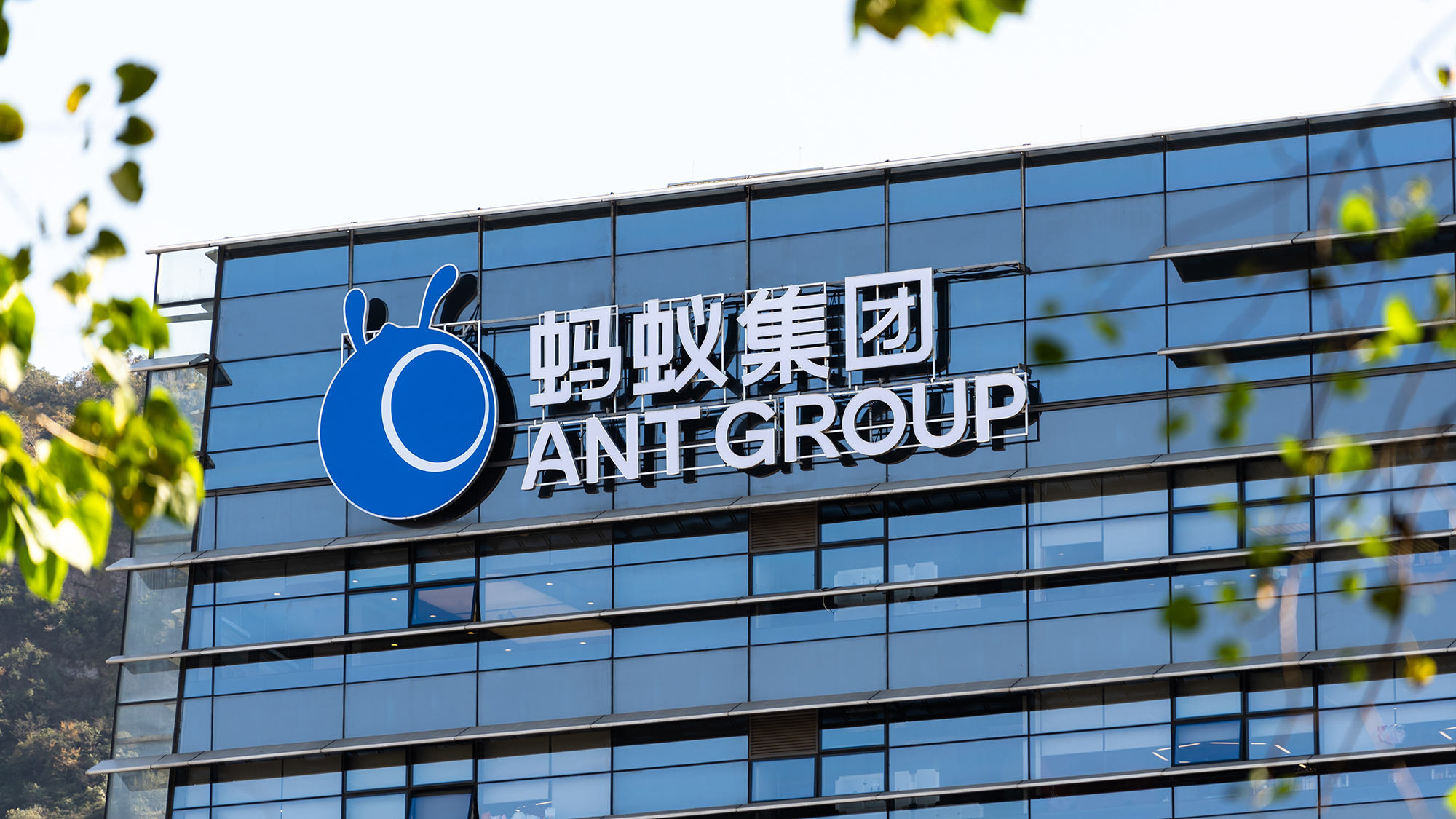
Ant Group, the financial technology giant backed by Alibaba, has announced a major achievement in artificial intelligence (AI) by successfully training a model using domestically produced semiconductors. According to Bloomberg, a source said that Ant Group leveraged chips from Chinese tech giants Alibaba and Huawei to train its AI model, reaching performance levels comparable to those obtained with Nvidia’s H800 chips. A key highlight of Ant Group’s achievement is a reported 20% reduction in costs compared to using Nvidia hardware.
While Ant Group continues to utilize Nvidia’s hardware for certain AI development tasks, the company is now relying increasingly on alternatives — particularly chips from AMD and Chinese manufacturers — for its latest models. This strategic pivot reflects a broader trend within China’s tech industry, driven in part by tightening U.S. sanctions that limit access to Nvidia’s most advanced GPUs.
This development demonstrates China’s growing AI capabilities and suggests that domestic and non-U.S. alternatives to Nvidia’s GPUs are becoming viable for large-scale AI training. A key highlight of Ant Group’s achievement is a reported 20% reduction in costs compared to using Nvidia hardware. High-performance AI training requires substantial computational power, and Nvidia’s GPUs have long been the gold standard in the industry. However, with access to Nvidia’s chips increasingly constrained, Chinese firms have ramped up investments in their own semiconductor technologies and diversified their hardware sources.
This also raises comparisons to China’s DeepSeek AI, which recently outperformed OpenAI’s GPT-4 on certain benchmarks. If Ant Group’s breakthrough represents a similar leap in AI training efficiency, it could mark another step toward reducing reliance on Western technology. However, questions remain about whether Chinese chips and alternative suppliers like AMD can scale effectively and whether they can match Nvidia’s long-term performance and ecosystem support.
While specific details about the chips used in Ant Group’s AI training remain undisclosed, reports suggest that Alibaba’s in-house AI hardware and Huawei’s Ascend series chips played crucial roles. If other Chinese firms can replicate these results, it could accelerate China’s AI ambitions and lessen the country’s dependence on foreign technology.
Whether these domestic and alternative AI chips can maintain competitiveness in the long run remains an open question. But this development is a clear indication of China’s push toward technological independence.







